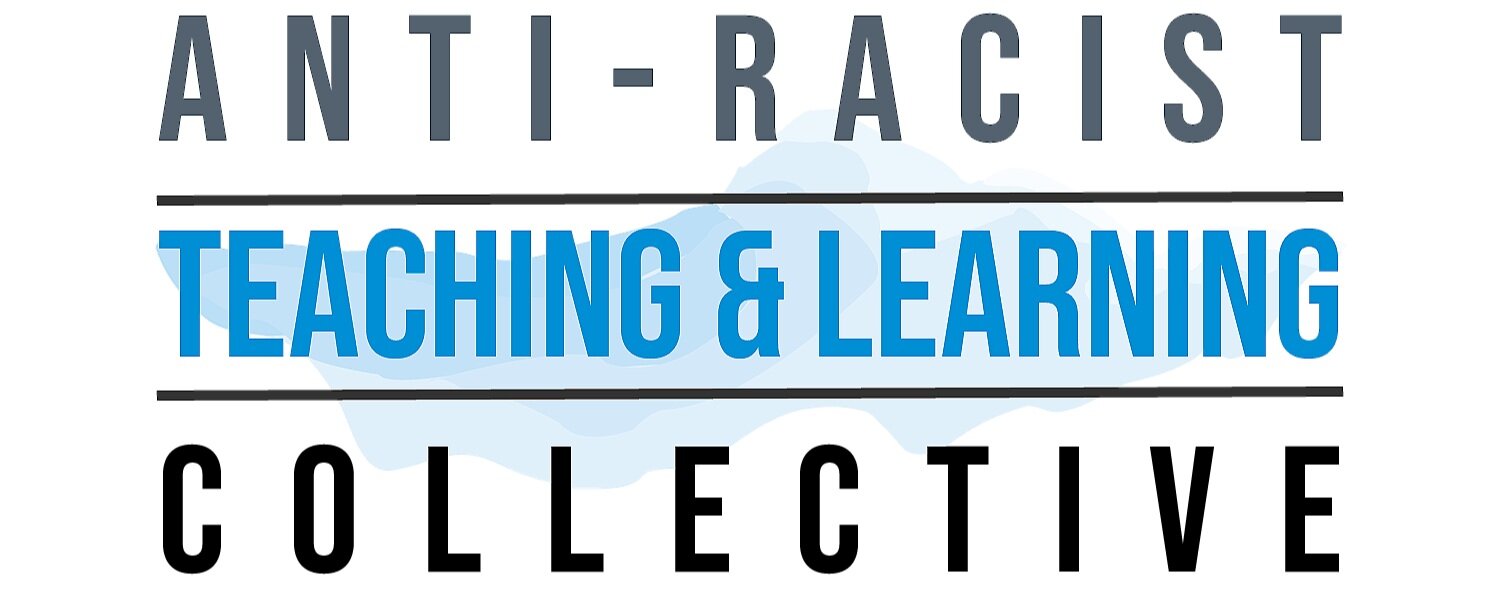Shawn Brooks
Student at Morehouse College, graduate of the Science and Technology Magnet High School of Southeastern Connecticut
Shawn Brooks, left, leads a chant at a Black Lives Matter rally in New London on Friday, July 31, 2020. Credit: Sean D. Elliot/The Day
On June 6, Shawn Brooks watched with awe as thousands of New London community members joined his group in the streets to protest police brutality.
After George Floyd was murdered on May 25, Brooks, his brother and another organizer in the youth-led social justice group Hearing Youth Voices floated the idea of organizing a protest to drive actionable demands for the city. Over the course of two weeks, the high school and college students participated in a direct action training, researched and wrote demands, arranged for “scouters” to oversee the front, middle and back of the protest, and for “white accomplices willing to get arrested to put their bodies in front of Black bodies in case the police come,” planned a route that would be accessible for people with disabilities, and arranged for all the logistics of a large-scale protest.
Brooks, 19, said the outcome was “amazing.”
“It was great how we were able to move in silence and work behind the scenes, and still get so much support,” he said. “Not only did we protest, but we read our demands.”
Their demands included the reallocation of money from the New London Police Department’s budget into social services and into New London Public Schools, demilitarization of the police department, and community oversight of the Police Union Contract, among many others. A week and a half later, one demand was met: the city’s Columbus Statue was taken down.
The others haven’t come easily. At Hearing Youth Voices, Brooks and around twenty other student organizers split into teams and met every weekday to work on various projects. Brooks was the captain of the research team, which analyzed local policies and studied national initiatives like the Breathe Act to further develop their demands for New London as the city’s inaction continued.
“Being behind the scenes on the research team helped me to really understand the loopholes in different policies and practices in our city,” he said.
In late July, Brooks and the research team organized a march and sit-in at the city hall. When the mayor came out to speak with them, they asked him why he hadn’t yet moved to defund the police and reallocate funds to social services. “We didn't get a good answer from him,” Brooks said.
“It's aggravating,” he added. “I had a lot of high hopes for the city councilmen, some of them we've had personal relationships with since we were 5, 6, 9 years old. A lot of their campaigns that they ran on were for racial equity, justice. But that's not showing in how they're moving."
The group is still continuing to work on pushing their demands—right now, they’re focusing on their demand that the school resource officers be removed from schools, having conversations with city officials and gathering power, Brooks said. He has also been involved in efforts to revamp the group’s mission statement, trying to capture their changing goals and set direction for the future given the events of this year.
Brooks, who is now a sophomore at Morehouse College, joined Hearing Youth Voices in 2017, in his sophomore year at Science and Technology Magnet High School of Southeastern Connecticut. Knowing he was interested in social justice, his friend brought him to several training sessions on “social ‘isms’” through Hearing Youth Voices. He then attended the group’s summer program on organizing, and participated in youth leadership conferences with the group.
“It was so powerful to see other like-minded youth that cared about these issues,” he said.
He said he was taught to be critically aware of race in his community and in society from a young age. His mother had him watching African documentaries when he was eight years old, and she ensured he felt “affirmed in my blackness.”
“I know my worth, I know what my blackness is worth,” he said. “So how come this system of white supremacy is trying to devalue me?”
Over the next few years, he found Hearing Youth Voices to be “my space” to fight for change, he said. “It was a space where I found out my passion for social justice, and for activism.”
In 2017, he was involved in questioning and vetting school board members, holding them accountable to student needs and perspectives. He was also involved in providing recommendations for a new Ethnic Studies course at his school. “We went to different curriculum meetings, meetings with the board of education,” he said. HYV partnered with the teacher and supported her with materials and suggestions, which she was “open to” since it was her first time teaching the course, he said. He then took the course and “monitored” what was going on throughout the year, keeping an open channel of communication between the course and HYV.
Then, in 2019, he helped advocate for passage of a bill requiring high schools to offer an African American and Latinx History elective starting in 2021, from planning with the group and submitting a statement to testifying at the state capitol.
At Morehouse, he’s exploring many interests—he’s a double major in africana studies and sociology, and he loves acting and theater. Looking forward, whether he pursues acting, law, organizing, or anything else, he said that social justice will be an integral part of his work.
“I want to push the grain,” he said. “I don't like working through systems.”
Written by the ARTLC Team.

